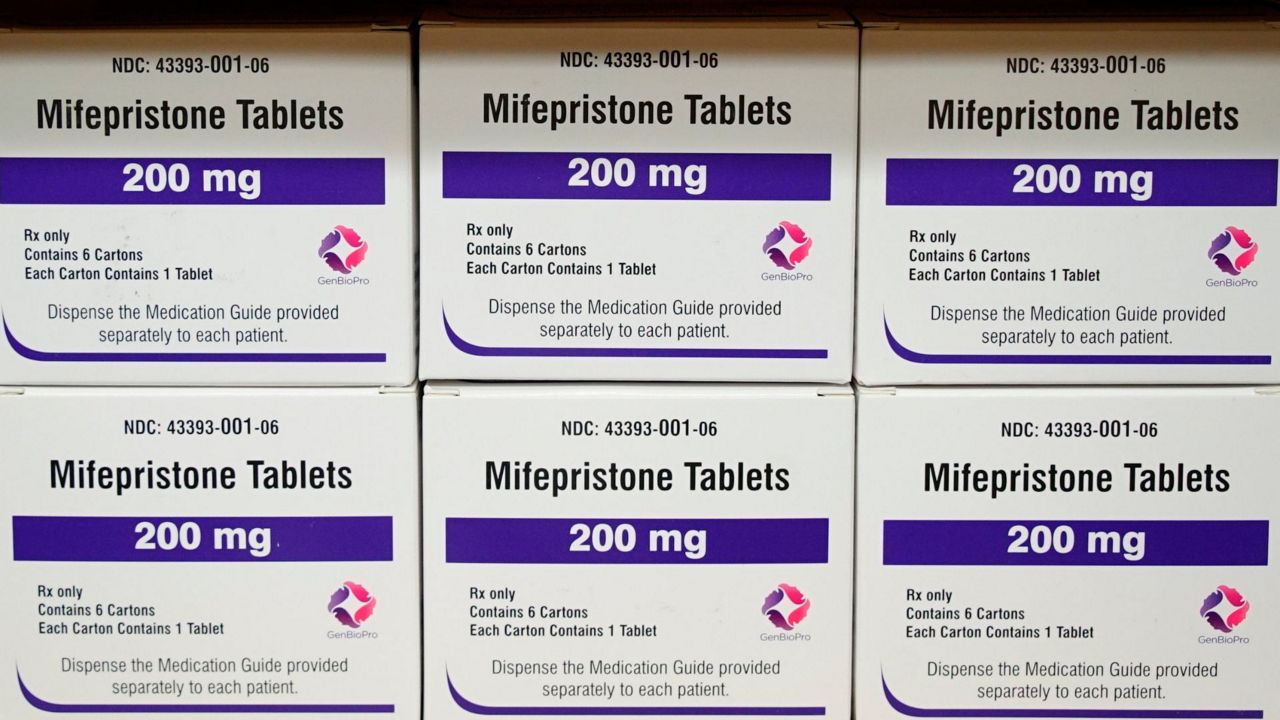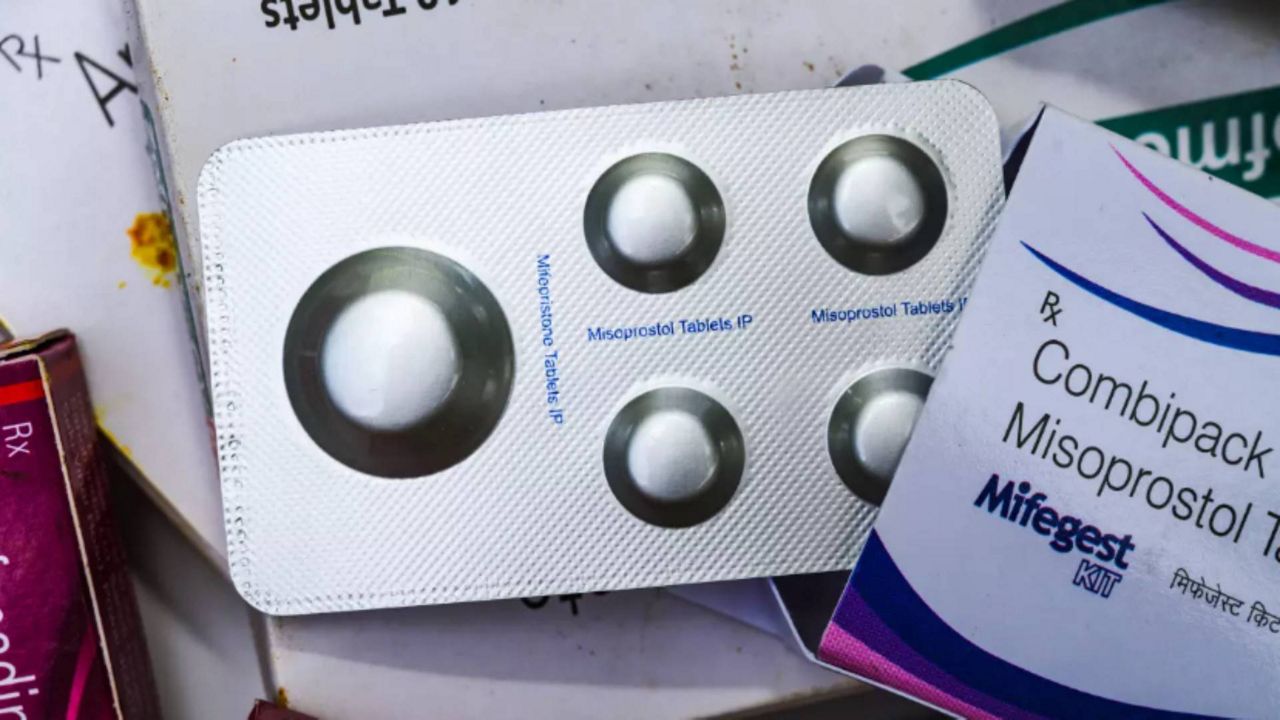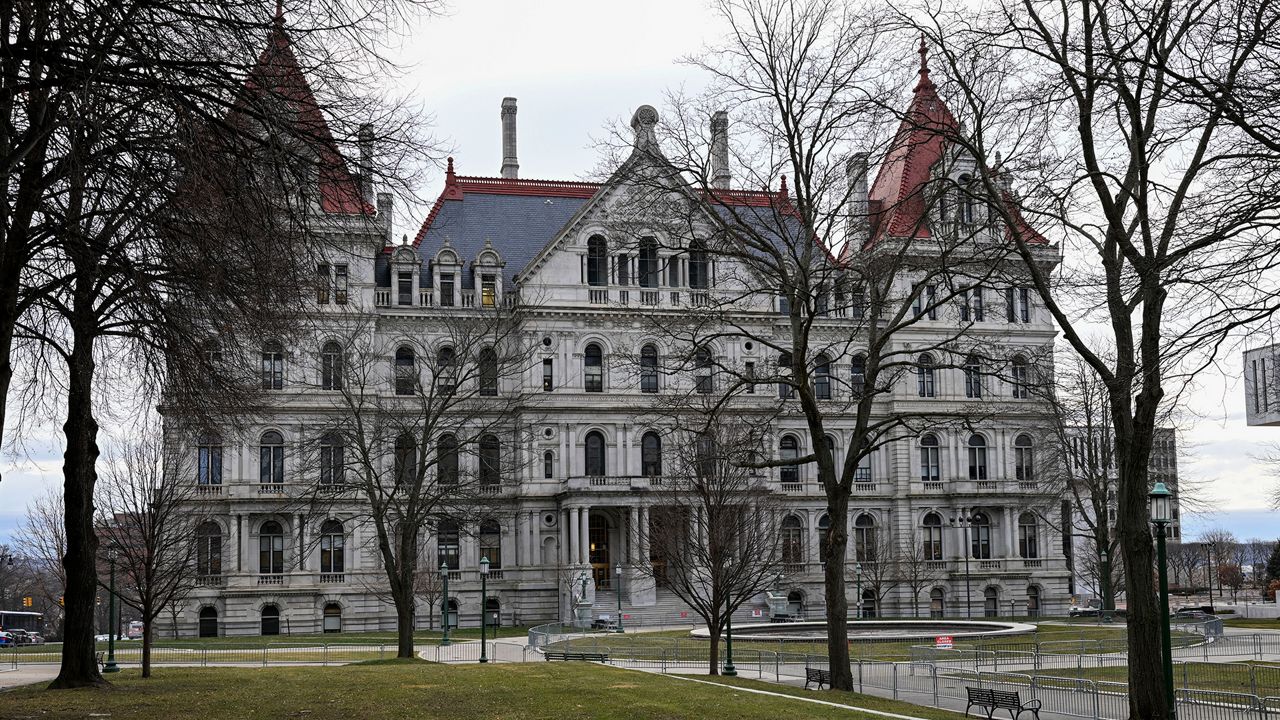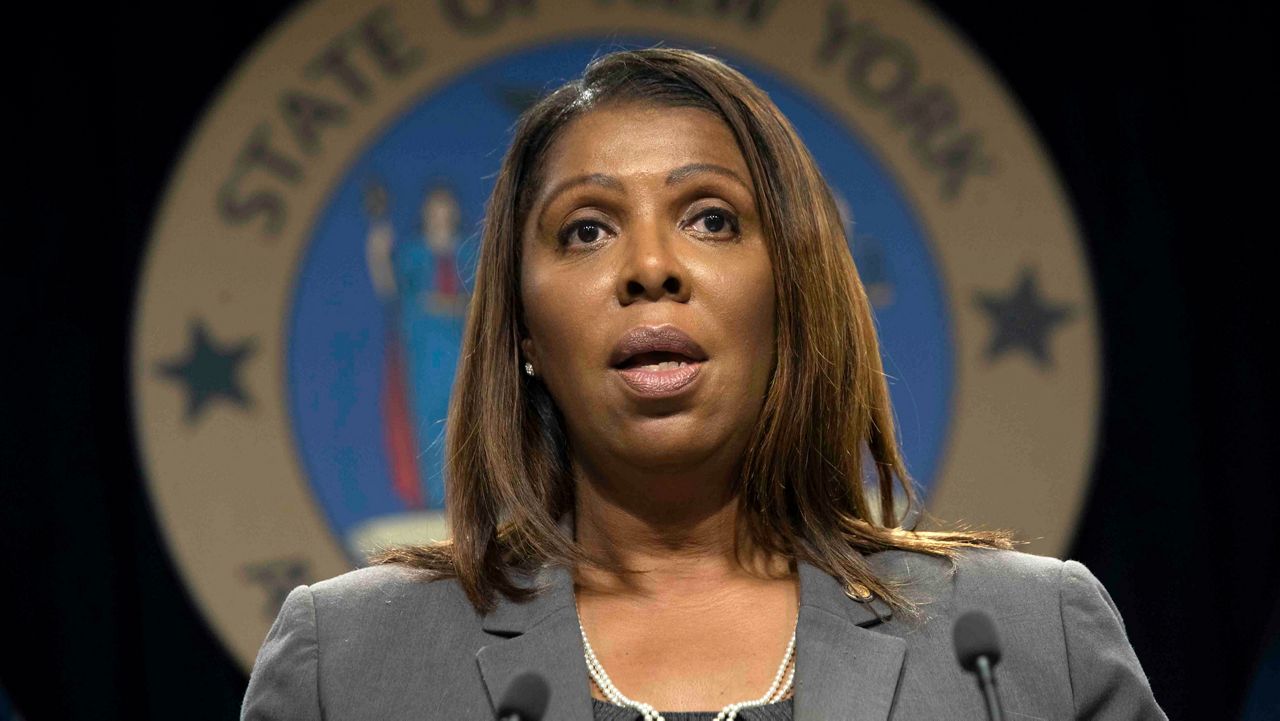New York’s mental health court system will soon see an extra $33 million investment for treatment services, as part of the newly minted $237 billion budget.
“[I] just took a tour of former cells, holding centers, that are now going to be turned into rooms of healing where we can address people and help them get on a healthy path towards recovery,” Gov. Kathy Hochul said at the Midtown Community Justice Center on Wednesday.
What You Need To Know
- The governor has made mental health one of the cornerstones of her state budgets — announcing a multi-year, $1 billion plan in 2023
- New York’s mental health court system will soon see an extra $33 million investment for treatment services, as part of the newly minted $237 billion budget
- Hochul included an $8 million increase for mental health courts statewide, to a total of almost $25 million
- According to the Office of Court Administration, 40 of New York’s 62 counties have authorized mental health courts
The governor has made mental health one of the cornerstones of her state budgets — announcing a multi-year, $1 billion plan in 2023.
“We don’t want to see people locked up as a solution — that is not going to stop what is happening out there on the streets. We want them to get the help they need, get the stability, get the path toward a healthy life.”
The Midtown Community Justice Center is one of the five boroughs’ community courts. The facility offers people facing mainly misdemeanor offenses alternatives to incarceration — like mental health treatment and counseling.
“Typically, it’s at a point in crisis, so they walk in through the doors, all systems have failed them and we’re at a point where clients have walked in and said: ‘they look at me like a human and not just another number,’” said Mel Hodor, a senior social worker at Alternatives to Incarceration who sees clients out of the court.
Hochul included an $8 million increase for mental health courts statewide, to a total of almost $25 million.
Even though 40 of New York’s 62 counties have authorized mental health courts, it’s very difficult for people to get approval for their day in court, according to the Office of Court Administration.
Attorney Casey DalPorto with the NYC County Defender Services supports a bill sponsored by Queens State Sen. Jessica Ramos.
“We need state guidance that makes this the law of the land just like we did with drug courts 15 years ago,” she said. “These courts can only really exist with the consent of the prosecutor, which means that ultimately the prosecutor ends up being the gatekeeper and controlling a lot of the court proceedings.”
If passed, it would standardize requirements to get a case heard before a judge.
“We have to make sure you have the capacity to handle it. If someone commits a serious crime, the number one responsibility we have is to make sure that they’re not out there doing it again, that they are in the court system,” Hochul responded, when NY1 asked about the bill.
In March, Manhattan District Attorney Alvin Bragg told the City Council his office can only try 50 cases at one time, typically concerning felony offenses.
The Brooklyn DA’s office told NY1 on Wednesday that they have a larger capacity — seeing around 200 cases over the last two years. But, there’s been a decrease in diversion program participants overall.
“I think there’s a number of reasons for that. One has been, in the past, a lot of people chose to enter into treatment or a diversion programs because they had bail set against them, and now that they’re no longer detained, they choose to go forward with their cases,” Brooklyn DA Eric Gonzalez said during his March 20 testimony. “There’s also less involvement in early diversions because of discovery reform.”
Hochul’s budget also builds on prior commitments to expanding the number of psychiatric beds and outpatient mental health services.









